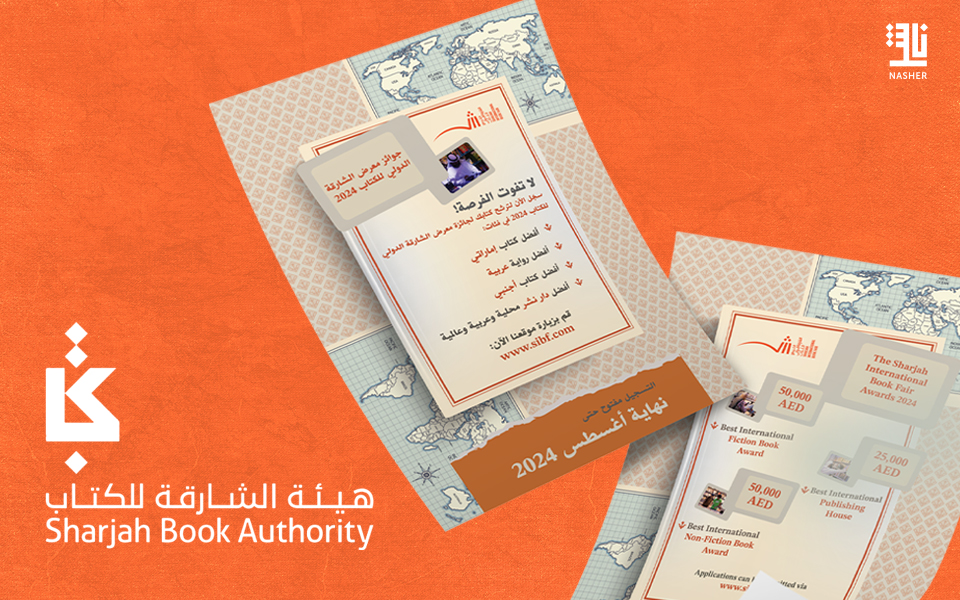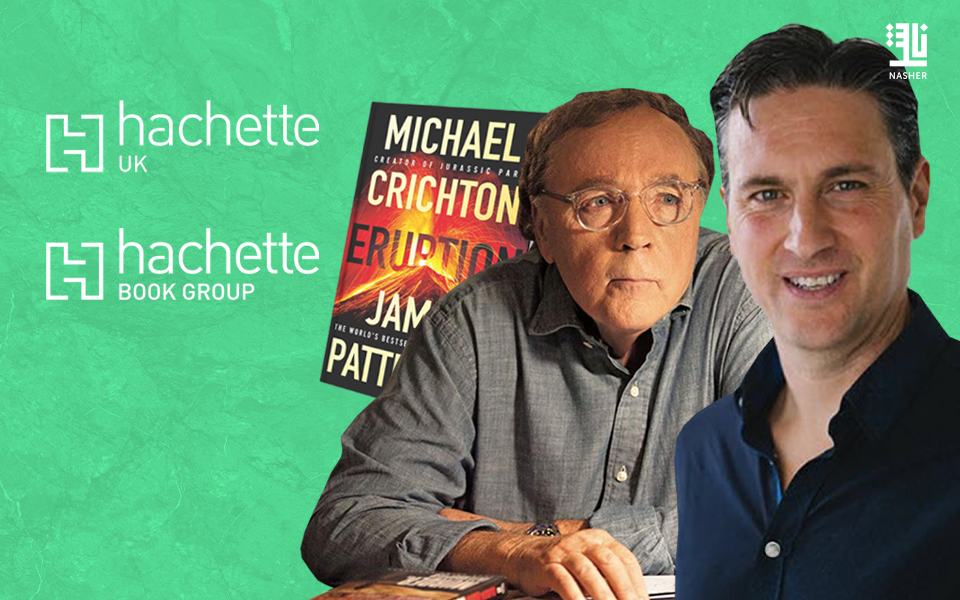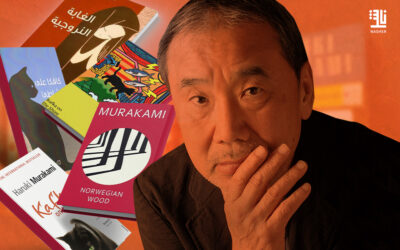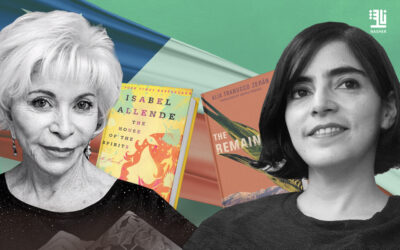I read Crime and Punishment by Russian author Fyodor Dostoyevsky when I was young. An Arabic edition dating back to the 1970s, it was a story like many other abridged versions that ran to nearly 100 pages.
For me, it seemed to be a run-of-the-mill detective story with some appealing mysteries. However, I am now aware that from this Arabic version, which was a basic summary of the original one, we cannot talk about how great a novelist Dostoyevsky was, the involving storyline of his work, the book’s strong characters or the landscape in which these characters move.
It was only years later when I visited the Russian Cultural Centre’s library in Tunis where I came across the unabridged version of Crime and Punishment. Although I did not – and still do not – read Russian, I could appreciate that the size of the novel in its original language could not be compared to the story that I read in Arabic at an early age.
Since then, I have made it my mission to fully understand Crime and Punishment, its complexity and its ingenuity, through other translations and by reading it in non-Arabic versions. I have also got to know the novel better through cinematic and theatrical representations of the story. If all of this was not available, Dostoyevsky’s novel for me would have remained a tale about a young man who killed a woman and then succeeded in hiding his crime for some time.
An abridgment may be an innovative solution to the difficulties of translating a great literary work, or a necessity to make the translation legal, but there is no doubt that it can omit a lot of important details from the original edition. The abridgment of a novel is not rare in the Arabic book industry. Most Russian works have been abridged in their translation, as have French, German and English works. Such abridgments have often been the first means for the Arabic reader to access the greatest works of such important authors as Leo Tolstoy and Gabriel García Márquez, among others. There is an undeniable positive aspect to these abridgments in that they enrich Arabic culture with the basics of the narrative art and make international authors’ works accessible for a larger segment of Arab readers. With this in mind, we can consider the person who provides the abridgement as serving Arabic culture.
Abridgments of novels and books often become the most popular version of a particular work. The 100-page version of Crime and Punishment, for example, has become more commonly traded in the book market than the original novel published in two volumes. The same situation applies to the novel ‘Don Quixote’ by Miguel de Cervantes Saavedra and ‘Les Misérables’ by Victor Hugo. Nevertheless, a lot of beautiful details are lost in these abridgments.
The reader accessing Dostoyevsky’s novels in abridged versions will find it difficult to read his works in the original versions, Being denied the details and the writing style in the original language, which are lost in the abridged ones, the reader’s judgement on the work’s value is therefore skewed.
Fortunately, this issue is in decline on the Arab literary scene. The translations of literary works have become more accurate and more able to smoothly follow developments on the global novel and in world fiction. This has led to the emergence of a group of well experienced Arab translators who were not practicing their craft a few decades ago.
Today, we see publishers who are publishing the full translated editions of books and novels. For example, this year, Dar Al Tanweer Publishing House has republished Gabriel García Márquez’s works in full. I would love to have a beautiful original edition of his work in my home library, nevertheless, Marquez will remain in my mind as I see him in the editions released by Dar Al Awda Publishing House, some of which do not even record the name of the translator.
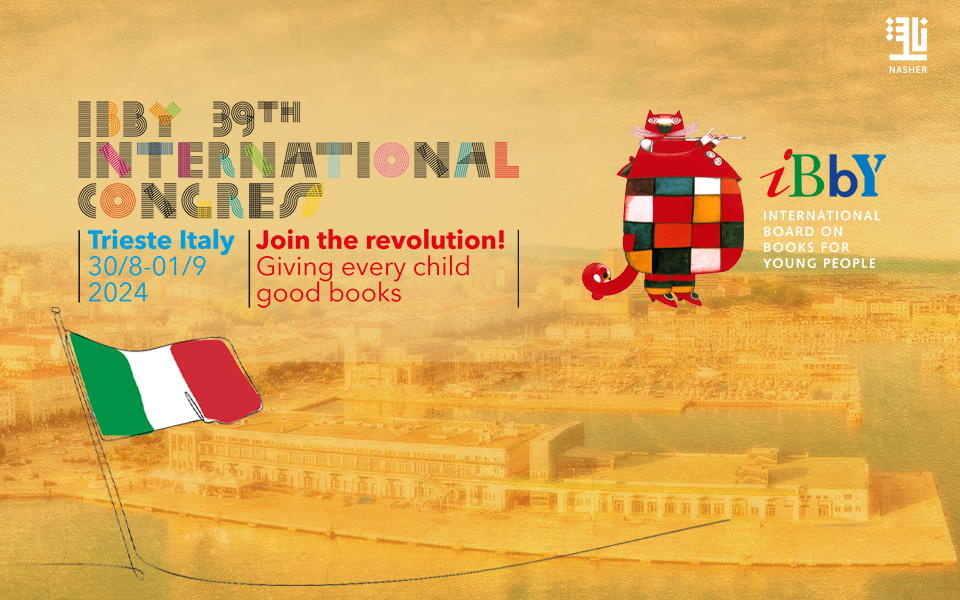
39th IBBY International Congress in Trieste
The International Board on Books for Young People (IBBY) announces that the 39th IBBY International Congress will take place in Trieste from August 30 to September 1. The biennial event, hosted this year by IBBY Italy, will unite IBBY members and experts in children’s books and reading development from all corners of the world. […]



